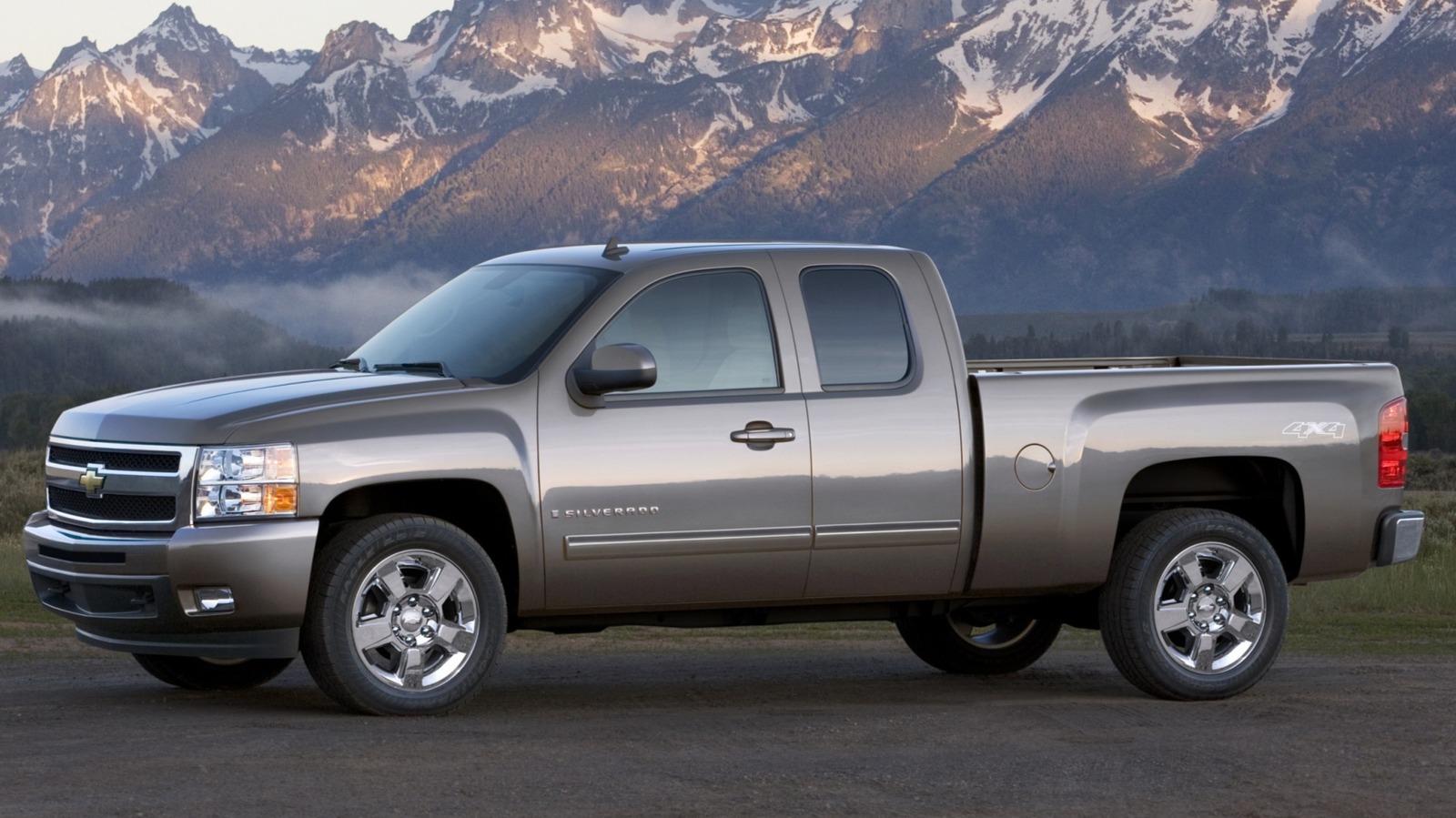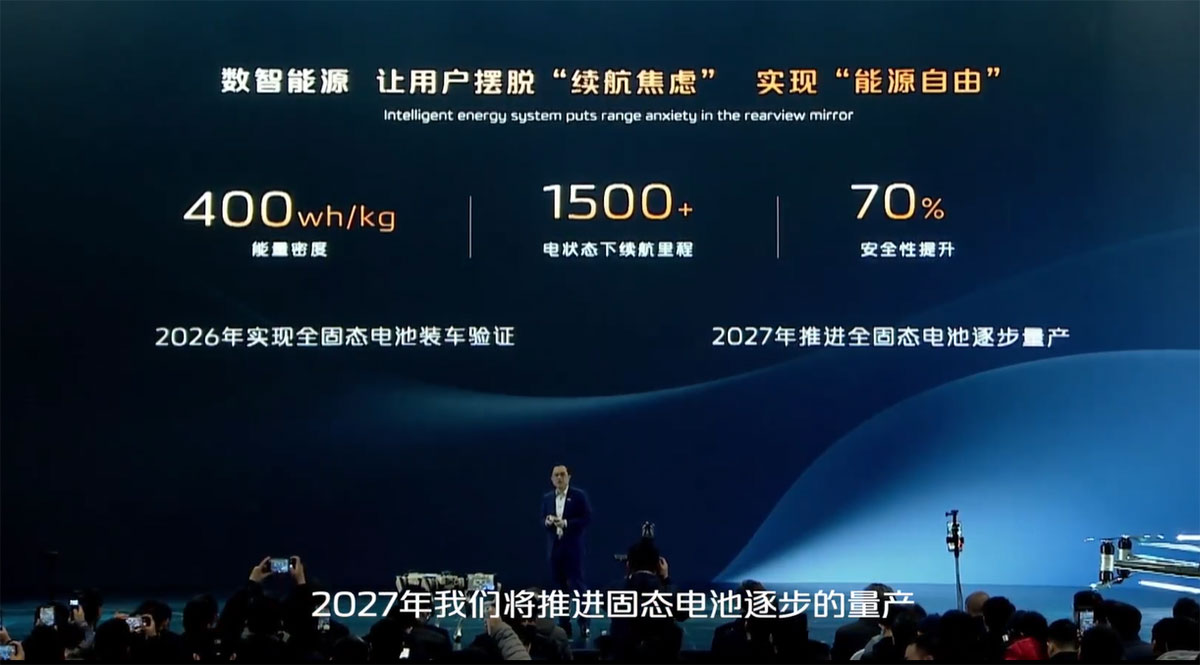DOT’s deregulation barrage raises compliance concerns for trucking
Sweeping regulatory changes aimed at slashing trucking industry red tape are raising red flags from industry experts and safety advocates. The post DOT’s deregulation barrage raises compliance concerns for trucking appeared first on FreightWaves.

WASHINGTON — The axing of dozens of regulations this week by the U.S. Department of Transportation has raised concerns from trucking industry experts concerned about compliance and safety.
While the majority of the 52 deregulatory actions affecting the Federal Motor Carrier Safety Administration, the National Highway Traffic Safety Administration and the Federal Highway Administration provide 60-day comment periods to allow for public protest, most if not all will likely be taken off the books.
“Big government has been a big failure,” said Transportation Secretary Sean Duffy, commenting on the changes in a press statement on Thursday.
“Under President Trump’s leadership, my department is slashing duplicative and outdated regulations that are unnecessarily burdensome, waste taxpayer dollars, and fail to ensure safety. These are common sense changes that will help us build a more efficient government that better reflects the needs of the American people.”
Of the 20 actions taken at FMCSA, two are final rules and 18 are proposed rules that would either amend or rescind current regulations.
P. Sean Garney, a trucking regulatory expert and co-director at Scopelitis Transportation Consulting, singled out several of FMCSA’s deregulatory actions for potential compliance issues.
For example, while Garney considers reasonable a proposal to eliminate a requirement that truck drivers keep a hard copy of the truck’s electronic logging device user manual on board, “what’s a little tricky and what carriers will need to take note of if these are finalized as written is that it only applies to the user manual,” he told FreightWaves in an email.
“Drivers are still required to carry (or store electronically) the instructions for how to transfer data at roadside and the instruction sheet for how to deal with a malfunction, not to mention blank logs. It’ll be important for motor carriers to make sure drivers have access to it either way. It’s like your car user manual, you don’t need it until you need it.”
FMCSA also proposes revising a requirement that motor carriers and intermodal equipment providers sign and return a completed roadside inspection form to their issuing state agency. Because not all states require that they be returned, FMCSA wants the form-return requirement to apply only to carriers obligated to do so by their state – and that could be a problem, Garney cautioned.
“While many states do not require these inspection reports to be signed and returned … others still require them,” he said. “If removing the requirement is the best course of action, I wish FMCSA would have pulled the trigger for all states, rather than leave us guessing on who requires it be returned and who doesn’t. Figuring this out and adhering to it is a burden.”
FMCSA’s proposal to rescind a manufacture certification label requirement for rear impact guards on truck trailers has a potential enforcement issue lurking, according to Garney.
Motor carriers have balked at the requirement because the labels can become worn and illegible.
“What’s interesting about this one is that this notice is just half the story,” he said. “Removing this from [FMCSA’s regulations] will help out carriers at roadside as inspectors won’t be able to write the violation … but the requirement still lives in the Federal Motor Vehicle Safety Standards, which are controlled by NHTSA.”
In the event of a failure of a rear guard that has a worn label, “who will be left holding the bag? Who’s in charge here?”
Safety red flags
The list of deregulatory actions at FMCSA has raised red flags at the Truck Safety Coalition, which advocates for truck crash victims and their families.
“Certainly time has rendered some regulations obsolete,” acknowledged TSC Executive Director Zach Cahalan in an email to FreightWaves.
However, “TSC remains concerned FMCSA is rushing to fulfill campaign pledges and failing to uphold its historically high burden to prove any deregulatory changes will not adversely impact safety.”
As an example, Cahalan pointed to FMCSA’s proposal to rescind a regulation requiring retroreflective sheeting on semitrailers and trailers (which improves their visibility at night) manufactured before 1993.
“FMCSA declares ‘it believes’ trailers manufactured prior to 1993 are not in use, but fails to quantify this assertion in any way, shape, or form,” he said.
Regarding eliminating the ELD manual requirement, “it’s probably a good idea to keep ELD manuals in rigs as there is no reason to believe all drivers receive sufficient training in their use and operation, something our victims can tragically attest to.”
He emphasized that driver fatigue – which the ELD mandate is supposed to help address – “remains a chronic problem in the industry and is frequently cited by the NTSB as a contributor in most truck crashes.”
Related articles:
- DOT takes heat for drug testing certification delays
- Lawmakers look at expanding FMCSA’s power to rein in cargo theft
- Trump’s NHTSA nominee raises concerns among truck safety advocates
Click for more FreightWaves articles by John Gallagher.
The post DOT’s deregulation barrage raises compliance concerns for trucking appeared first on FreightWaves.















































































































































